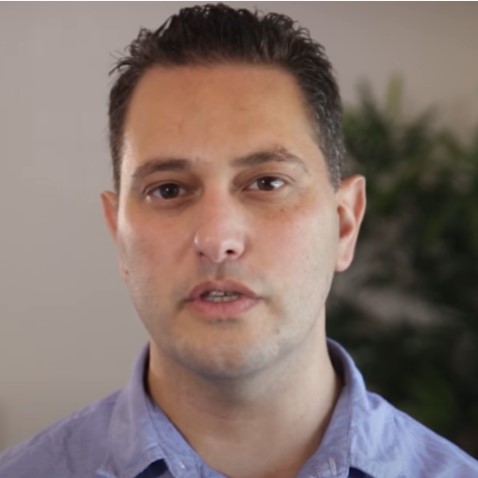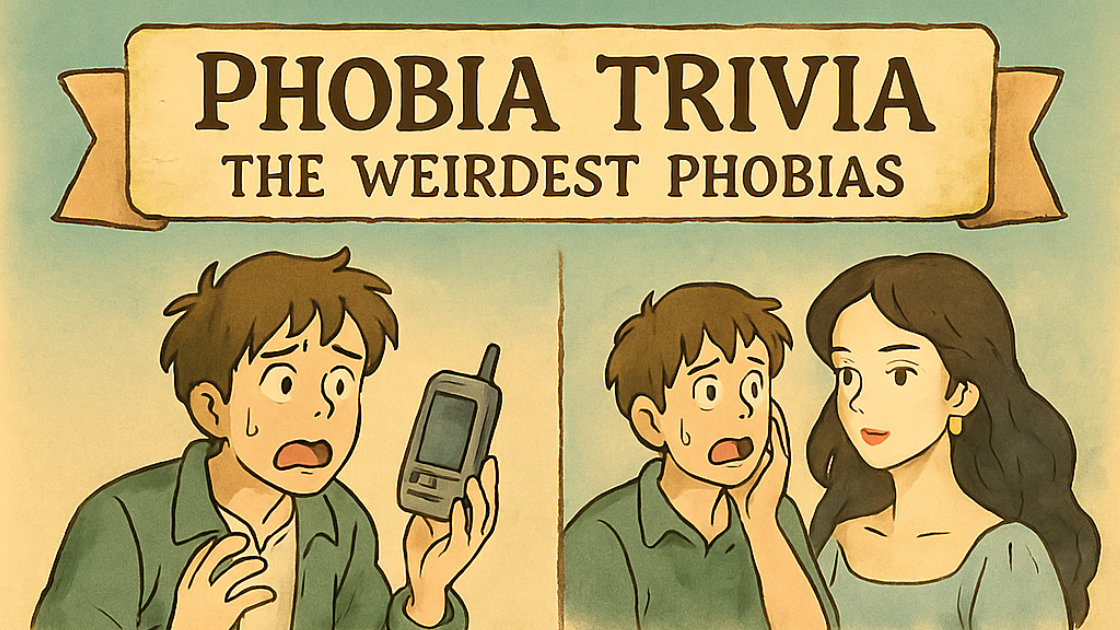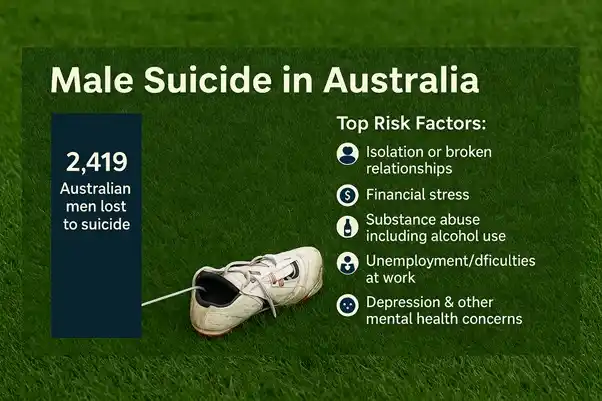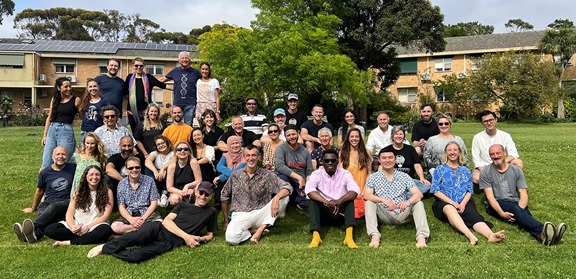Psychoanalytic Obstacles to Meditation
Mindfulness meditation has gained enormous popularity in the last decade and is now being offered as a ‘self help’ or therapy method. It has also been incorporated into mainstream psychological treatments, namely CBT, despite mindfulness and CBT coming from completely different ideological frameworks (interestingly, it sometimes appears proponents of mindfulness are unwittingly promoting CBT, but it should be noted MBCT is vastly different to CBT). Mindfulness has arguably become too muddied and otherwise disconnected from its origins.
But it should be appreciated that mindfulness meditation is not a simple trick of the mind or self help fad. Meditation has depth and backing from rich Eastern traditions and modern science is starting to catch onto what has been long known in Eastern circles – meditation promotes mental health including mood stabilisation and assisting in confronting painful thoughts, developing insight and building resilience and sophisticated emotion regulation strategies.
Studies point to physiological and psychological benefits of regular mindfulness meditation practice.
The methodology is so simple, yet incredibly difficult to sustain. The maxim ‘observe your object (e.g. breath, thoughts, etc) without judgment in a concentrated manner with relaxation’ is simple to understand, yet challenging to implement.
Why is getting ourselves to meditate so challenging?
Meditation teachers of various ilk’s provide sound advice which points to common obstacles. However they rarely consider the impact of unconscious conflicts as the disturbance or otherwise more individual reasons. Accordingly, psychoanalytic thought has something to offer aspiring meditators.
The ego-ideal and the superego
The ego ideal is the unconscious position with which we seek to be perceived as being lovable (how we prefer to be perceived in the public eye). The superego on the other hand, according to Freud, is ferocious and obscene. It is unconscious. From other perspectives, it’s actually the superego which commands enjoyment, but in a bizarre way insofar as it tries to seduce us to go against our own best interests. This concept helps to explain why getting ourselves to eat well, to meditate, to do things which make us healthier and more self compassionate is not second nature.
The superego presents us with a moral conscience, often in a highly veiled kind of way which seems benevolent enough, for example under the guise of ‘compassion, self-sacrifice or other morality’. But the superego lives by a different set of rules whereby breaking and enforcing internalising sanctioned inner laws brings a strange kind of enjoyment. Put differently, the superego is judge, jury and defence simultaneuosly but all in a biased direction, often under the guise of doing what is ‘morally right’.
The superego demands perfection and top performance from us, and for aspiring meditators, perhaps this may appear as a demand to meditate well, or via the pretext of “meditation is not perfect, do so without judgment but be sure to do it!”. This phenomena can be observed quite readily in so called ‘Attachment Parenting’ or Mindful Parenting, an admiral aim but arguably underpinned by a critical superego demand. Regardless of how internal commandments are reinforced, the more we satisfy the internalised demands of our superegos, the more it demands of us, like in a terrorist negotiation of sorts! The more it receives, the more it insists. It is a vicious and sometimes frightening cycle that can feel completely out of our control, but more often than not, the process is too subtle to detect on ones own (especially in context of meditation practice).
Poor differentiation of desire, need, demand and drive
Tahna, a Pali word for ‘Thirst or craving’ has been translated into English as Desire. This is problematic where so many meditation practitioners mistakenly try to eliminate desire as the evil force from our minds, despite the fact that ‘Desire is the essence of man (and woman!)’. Perhaps what is meant has more to do with problems of excessive demands of the superego, that invariably lead to cravings and addictions, that some schools of meditation praxis seek to calm. A meditation practice may be doomed to fail if the desire to eradicate desire becomes the goal. Instead it might be worth starting your sittings with an understanding of the differences between cravings (in a desperate and cruel way of the superego) and unconscious desire (or the difference between superego demands and what we really want).
Unconscious conflicts
Meditating upon present moment here and now phenomena without the benefit of insight oriented psychotherapy may actually strengthen repression and inner conflicts arising from the past, rather than working through them. This is where meditation alone cannot produce the changes that emerge following psychoanalytic treatment. As Freud said, you need someone else to hear you speak (thinking/meditating alone will not of itself resolve deeply repressed conflicts). The repressed unconscious comprises desires, usually of a sexual nature, which are narcissistically unwanted and incompatible with our Ego and Ego-Ideal. Conversely meditation can assist psychotherapy patients to gain the courage to face their trail of the repressed (which, being repressed for a reason, is never comfortable to confront and can produce shame and anxiety).
When repression is reinforced, one is setting the self up to repeat self sabotaging behaviors over and over! While meditation to benefit self and others may be a conscious desire, this may be met with deep opposition. The part of us seeks to undermine and contradict such benevolent interests which we may be loathe to acknowledge within ourselves, and doesn’t prevent such conflicts interfering with meditation practices. On the contrary. Our meditative resistance or unease may signal an unconscious conflict with meditating or making our lives better.
The death drive
This is a tough concept to grasp but in psychoanalysis we understand that we derive a peculiar source of enjoyment from suffering, a kind of strange pleasure which is not on the side of life. This is probably what really blocks sustained meditation practice. We all have our vices, as they say. Sometimes these are obvious, for instance when the doctor tells a patient to stop overeating to prevent a heart attack and the patient continues to binge eat, despite best efforts. Sometimes the death drive is rather subtle and comes from the very things we complain about experiencing, but nonetheless keep repeating similar experiences (such as overeating, attracting similar partners or friends who mistreat us).
The other side is that meditation itself can be used as a form of masochistic enjoyment by the superego, completely unbeknown to the meditation practitioner. This is, of course, highly problematic and difficult to detect and resolve without the help of a trained therapist. Instead, once the unconscious desires are talked about over time in therapy and called into question (not from the position of the superego who sits in enjoyable judgement and condemnation into guilt, but from non-judgemental acceptance), treating ourselves and others well becomes easier, and so does meditating.
The above is based largely on the authors’ clinical experience in working with some aspiring meditators from the Buddhist tradition, but is not intended to substitute the specific practice of your own meditation instructor and psychotherapist.
Here are a couple of blogs written on this topic you might find useful:
What Are Australians Most Afraid Of? N...
From snakes and spiders to needles and ghosts, fear takes many forms. But what do Australians fear most in 2025? At Bayside Psychotherapy, our expert.
Is It Time For The AFL To Cast A Menta...
At Bayside Psychotherapy we are passionate about mental health and like many fellow Melburnians, many on our team are avid AFL fans. So when two of our .
Exploring Emerging Therapies: Understa...
At Mind Medicine Australia, we are dedicated to transforming the trea.












